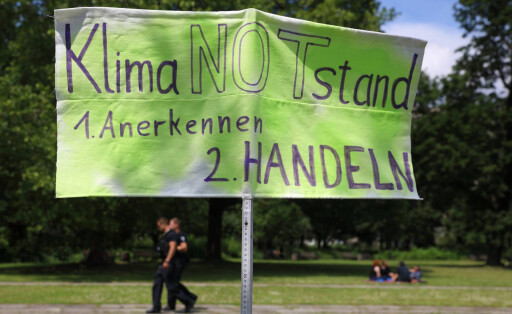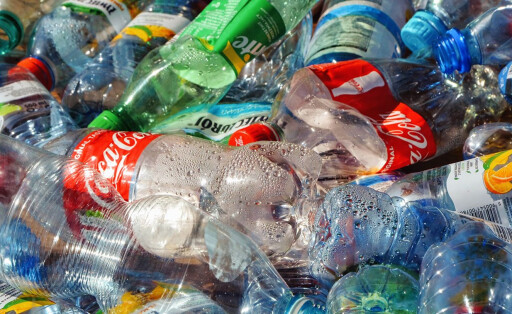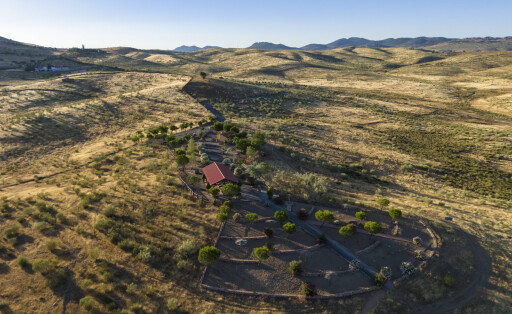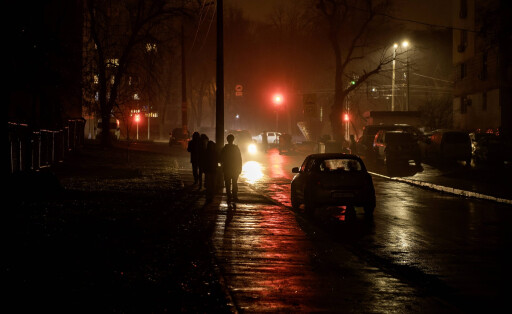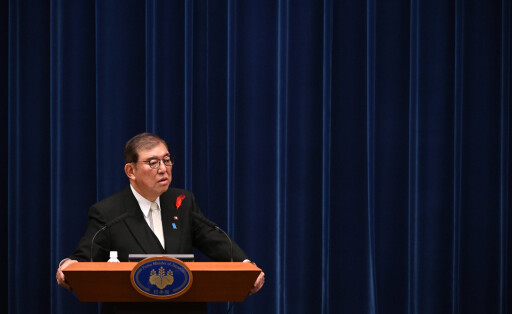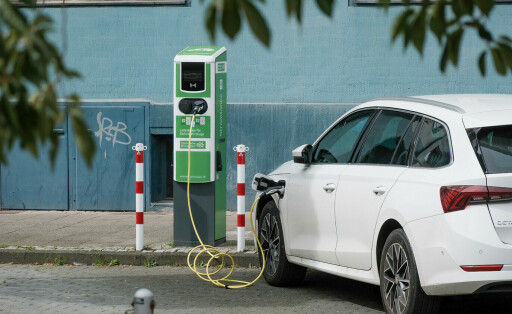
Transport policy: Agora sees big challenges for Germany's next government
According to the think tank Agora Verkehrswende, the transport policy performance of the German government coalition is mixed. This means that the next government faces major tasks requiring a lot of money.
By Malte Kreutzfeldt


